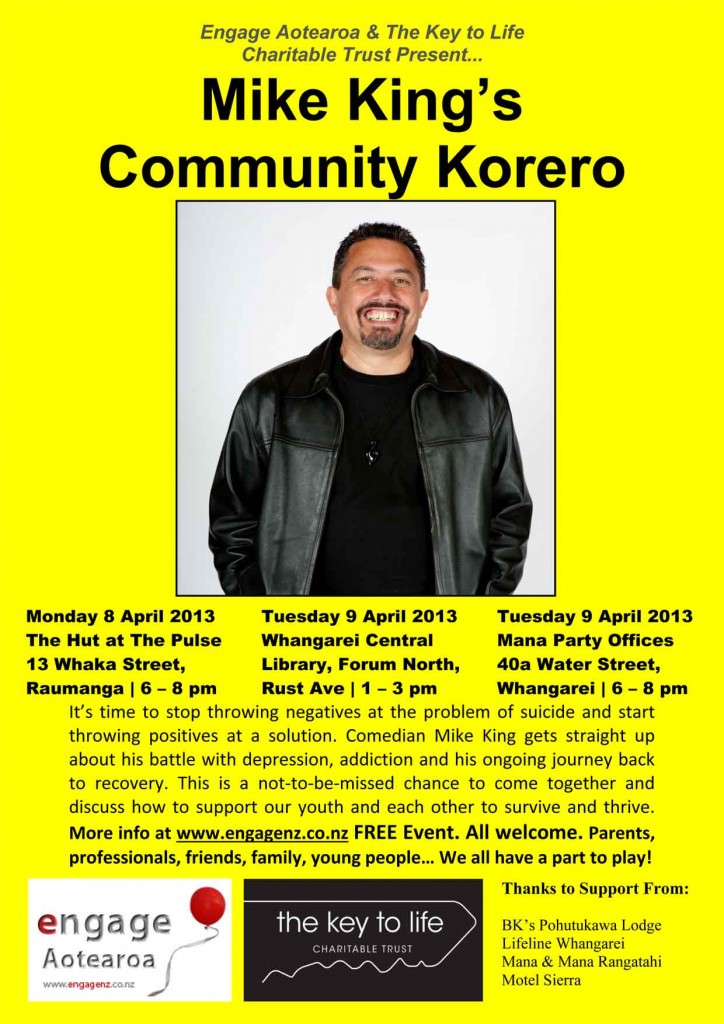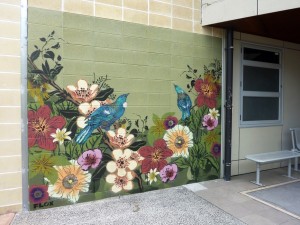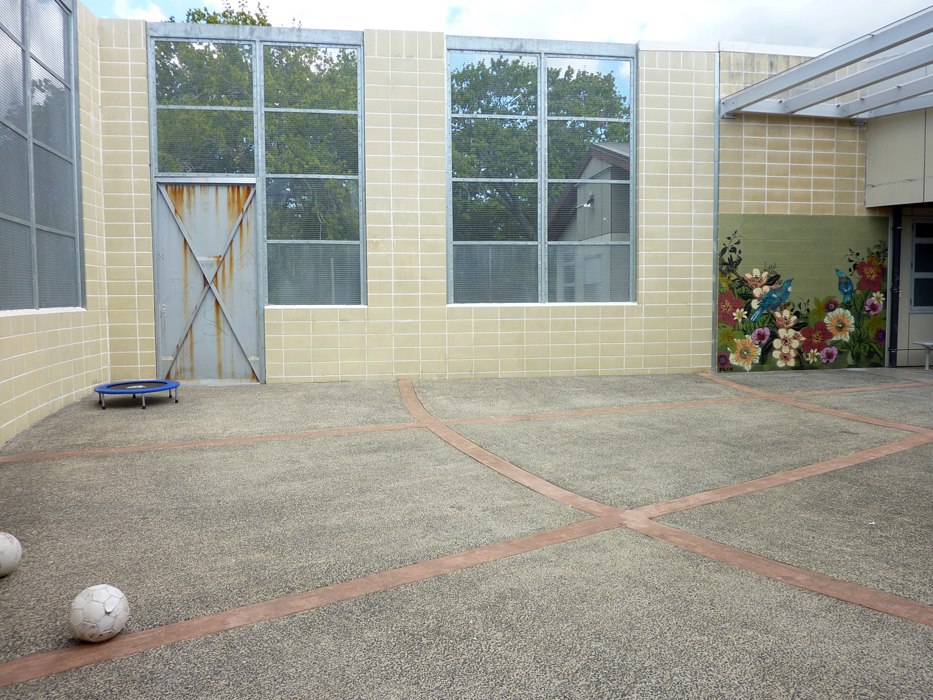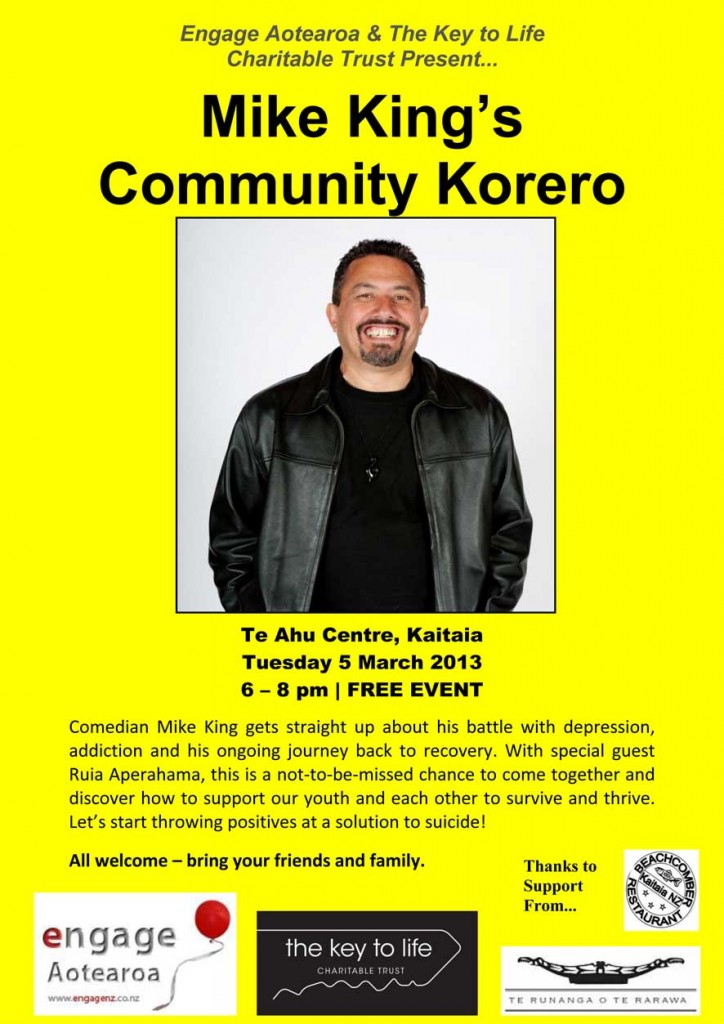Media Release: Engage Aotearoa & The Key to Life Charitable Trust
For Immediate Release: 01/04/2013 | Updated 5/04/2013
_ _ _
Mike King’s Community Korero will hit Whangarei from the 8th to the 9th of April to throw solutions at the problem of suicide, with a series of public seminars. NZ has one of the highest suicide rates in the developed world, especially among older people and youth. Estimates suggest that 1 in 6 New Zealanders have suicidal thoughts every year. As Mike King puts it “The Korero encourages people to help fight suicide by talking and supporting each other rather than taking their own lives. Silence is not the solution.” Rather than simply telling people they need to talk, King leads by example; Through sharing his own story, he opens the way for community members to share theirs.

In the Community Korero, comedian Mike King gets straight up about his battle with depression, addiction and his ongoing journey back to recovery, including the mistakes he made along the way. This is a not-to-be-missed chance for communities to come together and explore how to support our youth and each other to survive and thrive. People can ask the questions they have always wanted to ask during a Q & A session at the end of the talk where Mike is joined by Engage Aotearoa service director Miriam Larsen-Barr, who also has a lived experience of recovery from being suicidal. Together they are an example of how the issue of suicide can affect anyone, Pakeha and Maori, men and women, young people and adults.
The Q & A is a chance for local professionals, parents, teachers and people with personal experience of these issues to discuss how we as individuals and communities can use our experiences to prevent suicide. Those with questions can ask them and those with knowledge can share it. Feedback from the Community Korero in Kaitaia included comments like “loved it”, “amazing evening, Mike opening his heart and bringing this community together” and “we should have another one I reckon.”
The initiative hopes to reach local schools in Whangarei in the future, through Cool to Korero, a special student-centred session that gives kids a chance to seek help and empowers youth to lead the way in creating supportive school and community environments. At least 20 students came forward to seek help for active suicidal thoughts after the Kaitaia and Taipa talks and were linked in with support.
Students commented “It was mint. I like how you approached the subject like not too serious and yeah, shot oi!”, “Thank you so much, words don’t suffice” and “you should come back mah gee!” Teachers commented “Thank you for giving our rangatahi options to stand up, speak up and seek help” and “I BET you have saved lives today.”
Community Korero is open to the public and a resource table provides plenty of take-home information about everything from suicidal thoughts and supporting someone who is suicidal to recovery and community services. Local services are welcome to bring information to share with the community too – people can simply bring their materials along and add them to the table.
Larsen-Barr comments “suicide is a really hard issue in our communities. There are so many people who are prepared to help and who are already helping. When our powers combine, I truly believe great things will happen. But first, we need to talk about it. Mike’s Korero creates a space to do that.”
For more information visit www.engagenz.co.nz and click on Mike King Talks.
___ ENDS ___










